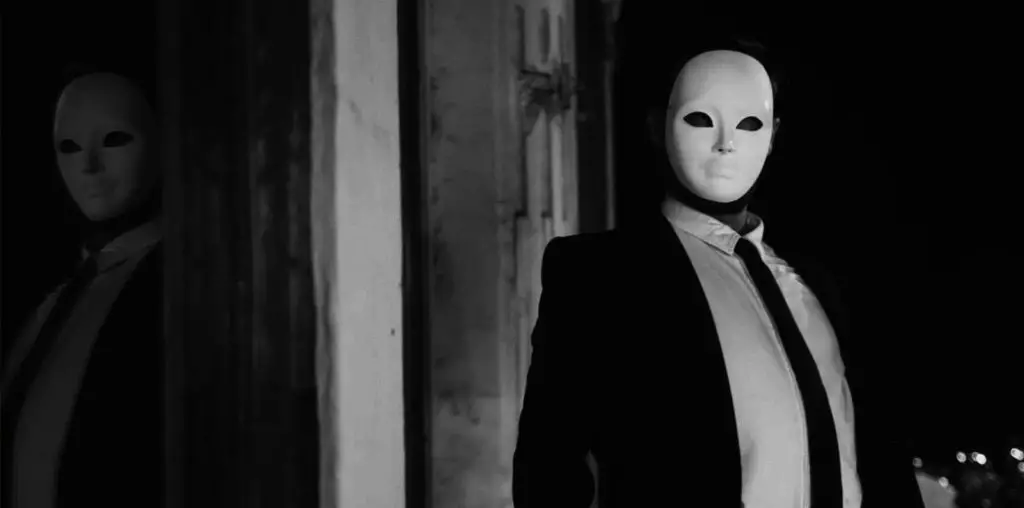
With the title “Spy Game” and the presence of director Tony Scott, one would expect a slam-bang thriller. What one gets instead, however, is less Bond than simply boring, a tedious and overdirected race-against-time drama with a few espionage elements thrown in.
The opening sequence appears to set up a typically slick Scott action adventure. The year is 1991, and CIA operative Tom Bishop (Brad Pitt) is on a mission in a Chinese prison. Little by little authorities catch on until he’s finally caught as he attempts escape in an ambulance. Back at home in Washington D.C., Bishop’s former mentor Nathan Muir (Robert Redford) is informed not only of Bishop’s capture, but also that he’s set for execution in 24 hours.
Now, one would think the film would then switch into higher action mode with Muir going on a daring mission to rescue Bishop, but writers Michæl Frost Beckner and David Arata have higher dramatic aspirations. Fearing a rescue operation will damage trade negotiations with China, Agency higher-ups interrogate Muir about Bishop’s behavior and mission track record. So begins a series of flashbacks that trace Muir and Bishop’s respectful but sometimes turbulent relationship, dating back to their first meeting in the Vietnam warfront to when the pair parted ways for the final time. In between are a number of espionage vignettes, but these small slivers of spy shenanigans are not suspenseful nor exciting. Perhaps that the routine and bland presentation of the spy work is the point, given that the focus is on the Muir/Bishop relationship–and, later, Bishop’s relationship with Beirut-based relief worker Elizabeth Hadley (Catherine McCormack)–but it’s not like this “human” element is developed to much satisfaction given the dearth of chemistry between the three actors.
Despite the more sober dramatic leanings of the film, Scott still directs the film as some high-octane nail-biter. His characteristically slick visual style is even more hyperactive (as if trying to out-Bay Michæl and win back the position as Jerry Bruckheimer’s top directing gun), best illustrated by a most unintentionally comic recurring flourish. Instead of simply flashing the time of day, the picture freezes into a black and white still image to some loud sound effects. It becomes particularly insulting when, on one card, Bishop’s oft-repeated scheduled execution time of 8:00am is actually printed out underneath the current time.
To give credit where credit is due, those overwrought touches make up most of the rare moments when “Spy Game” gives any type of rise from the audience. Granted, derisive laughs are not what Scott and company had in mind when making the film, but it’s likely the only thing audiences will remember after playing this uninvolving “Game.”
